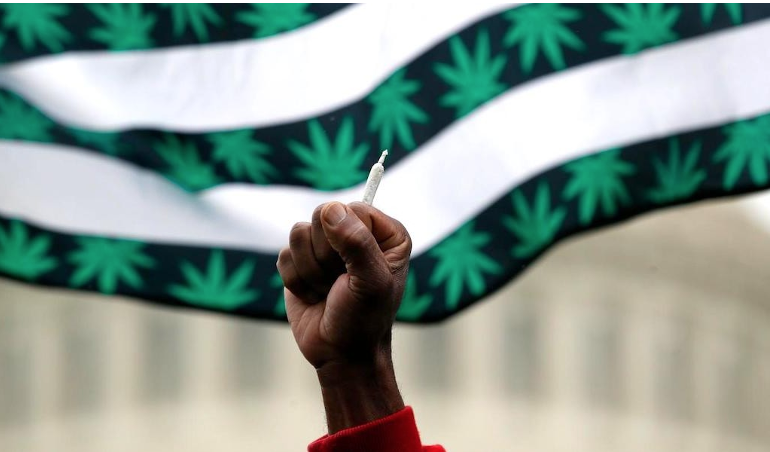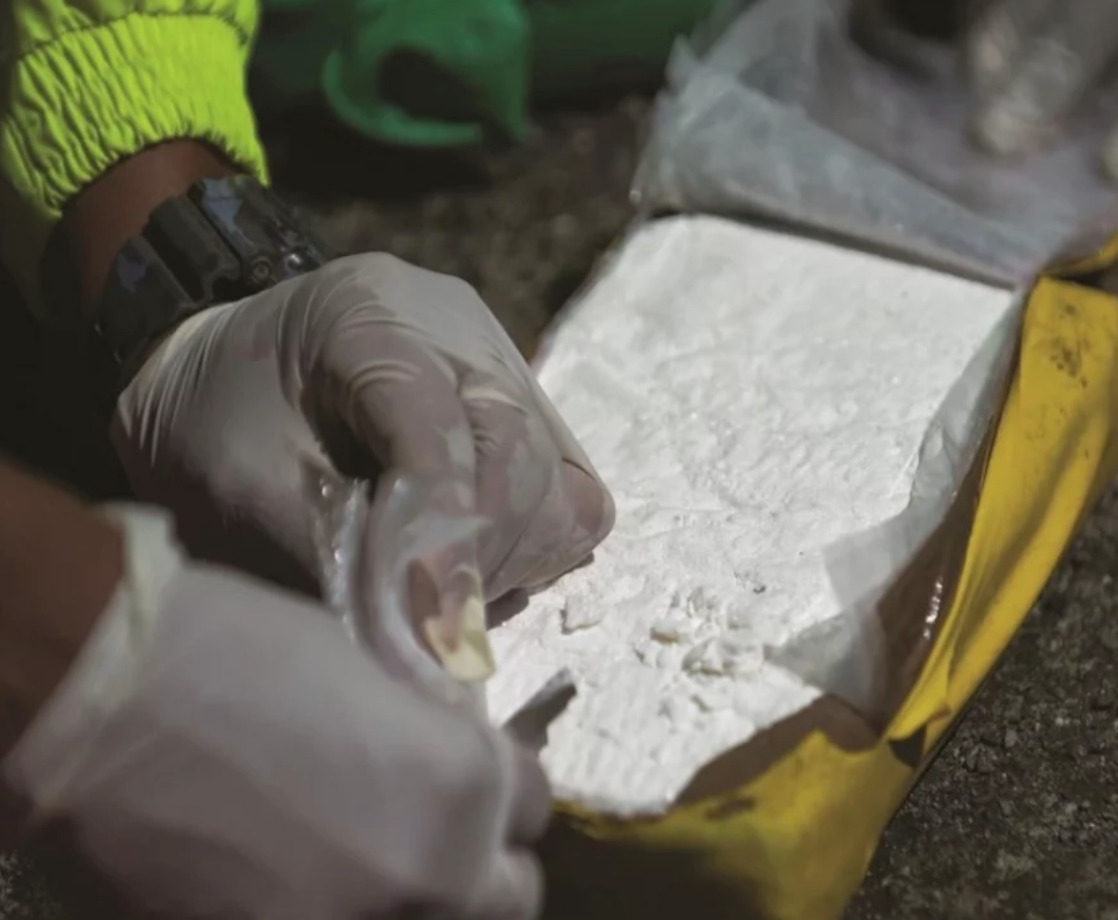Image via
A new federally-recognized certification program will give cannabis consumers an easy way to determine if their weed purchases are supporting entrepreneurs from underrepresented and Drug War-impacted communities.
The Original Equity Group, based in the San Francisco Bay Area, devised the Equity Trademark after the company’s members noticed that even when BIPOC cannabis equity business owners got their projects up and running, they were still having issues getting the product on local cannabis retailers’ shelves.
Now, cannabis companies from across the country are eligible to apply for the certification to help give them more visibility within the industry (as in B2B) and to the public.
OEG’s three-member board includes longtime equity advocates like Nina Parks, vice president and prominent Bay Area cannabis consultant; and Ramon Garcia, the company’s chief equity officer and founder of delivery service, Padre Mu. The group decided to work with a law firm on developing the Equity Trademark so that equity-made products would be easily identifiable on retail shelves, giving cannabis consumers the opportunity to make conscious buying decisions more fluidly.
OEG is an ideal group to build this type of certification program. Not only are they embedded in the social equity community, but they’re also well versed in the complicated world of equity in cannabis — and they’ve even hosted effective workshop training sessions for San Francisco equity candidates. (You can check out their extremely useful resources on the War on Drugs and other structural racism issues here.)
According to the federal intellectual property protection registration, here are the specifications on who qualifies for the Equity Trade certification mark:
“The certification mark [confirms] that the goods provided have been produced by a business that meets the standards set by a U.S. state, county, or city social equity program that seeks to address social inequalities and policy concerns related to gender and sexuality, race, age, mental or physical disability, class, ethnicity, language, education, civil rights, socioeconomic status or religion, by requiring that a business’s ownership structure, operations, employment practices or charitable contributions demonstrate a commitment to justice and equality.”
In a press release announcing the Equity Trademark, OEG also announced that they were, “building strategic partnerships with local retailers (‘allies’), who will dedicate 20-40 percent of their shelf space to equity brands.”
“We reached out to our network of equity applicants and relayed the information and told them to start hitting up retailers,” Edward Brown, OEG’s co-founder, tells MERRY JANE. He adds that local brands like SF Roots and Kingston Royal were some of the first to highlight their equity status into shelf space at new retailers.
For California cannabis customers looking to shop Equity Trade products, Brown recommends fellow Original Equity Group member Garcia’s Bay Area delivery service Padre Mu, who “probably carries the most equity brands out of any retailers in the state,” and SF brands SPARC, Mission Organic, and Berner’s on Haight. In Southern California, he namechecked Long Beach’s Culture Cannabis Club, which stocks Kingston Royal and other equity brands.
According to Lauren Mendelsohn, an attorney that helped develop the certification program from the NorCal-based Omar Figueroa cannabis law firm, “the Equity Trade Certification program is significant because it is, to the best of our knowledge, the first time a certification mark indicating that a particular product has been produced by an equity business and, not only created, but also officially recognized by the United States Patent and Trademark Office (USPTO).”
Of course, as great as a handy logo is in helping identify who’s making your weed product, no one is saying it will be enough to ensure that cannabis equity candidates are being properly supported in a post-War-on-Drugs-era (whenever that comes.)
Perhaps the bigger issue in ensuring equity within cannabis, says Brown, is licensing opportunities. Though social equity programs are built into the cannabis regulatory systems of many jurisdictions (many are the subject of serious criticism) Brown says that too many cities rely on what he calls a “multi-round beauty contest.” Such application processes prioritize lip service to equity causes rather than underrepresented candidates whose success would help ensure that diversity is being valued in the cannabis space.
“Once these stores open in these cities, what motives do they have to support social equity?” Brown asks. “None, honestly. If our government doesn’t recognize the issue and importance of social equity, then why would they?”











